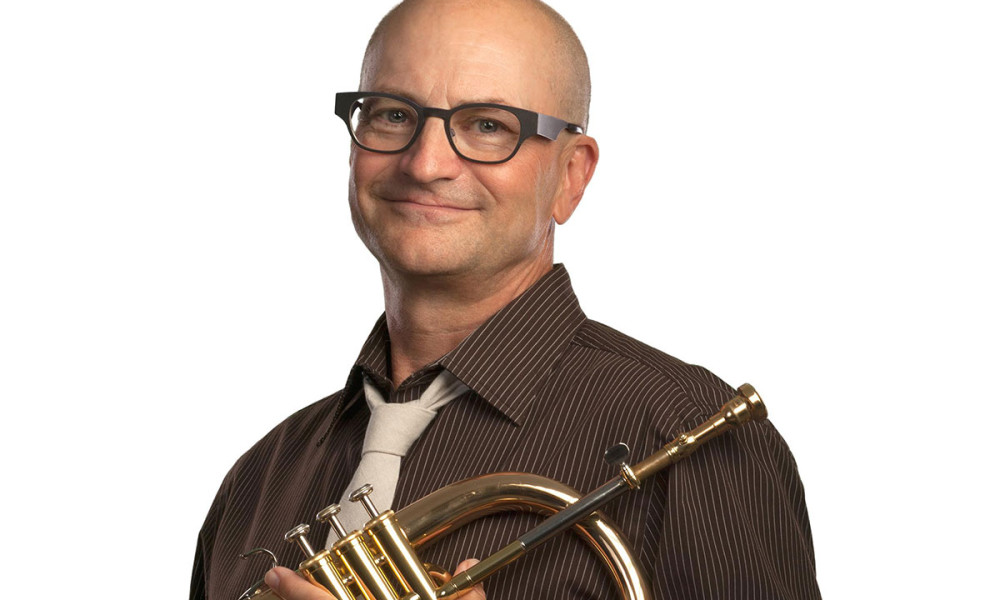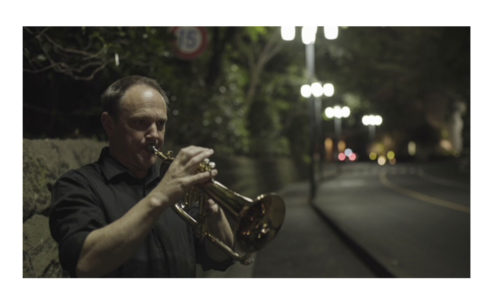I’m borrowing the title of this column from a book by trumpeter and author Clyde Hunt.
It’s apt as I reflect on the similarity between sailing a boat and playing the trumpet.
Sailboats and brass instruments are both wind driven. In the case of the boat, wind energy is harnessed by the sails and converted into motion. In the case of the horn, wind energy is harnessed by the lips and converted into sound.
The Wind
For both brass player and sailor, the velocity and consistency of the wind are the primary determinants of performance.
The sailor is at the mercy of Mother Nature; the art of sailing lies in taking advantage of whatever she has to offer today. The brass player has a decided advantage in that she creates her own wind. Even so, many students do not use their air as effectively as they should. This inefficiency puts a greater load on the lips, which are already struggling with a difficult physiological task.
The Mechanisms
The oddly named mechanisms (boom vang, sheets, cunningham) that trim the sails can be compared to the oddly named facial muscles (orbicularis orbis, risorius, buccinator) that control the shape of the embouchure. The sailor concerned with achieving maximum performance constantly adjusts the controls to eke out an additional tenth of a knot or reduce heel. The brass player concerned with producing maximum performance constantly adjusts the embouchure to eke out an extra half step or purify tone.
Obtaining Maximum Efficiency
The goal is to position the lips and the sails in such a way that the conversion of wind energy is maximally efficient.
The role of the embouchure can be viewed as passive. Instead of trying to make the lips vibrate, we strive for the setting that best allows them to vibrate in response to the motivating force of the wind.
One other difference: Owning and maintaining a trumpet is notably cheaper than owning and maintaining a sailboat!


